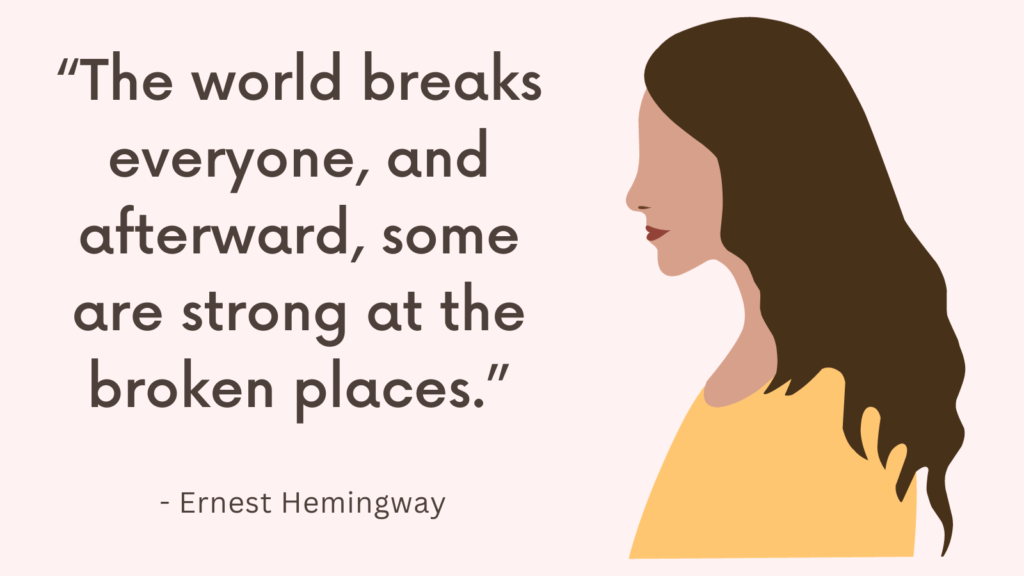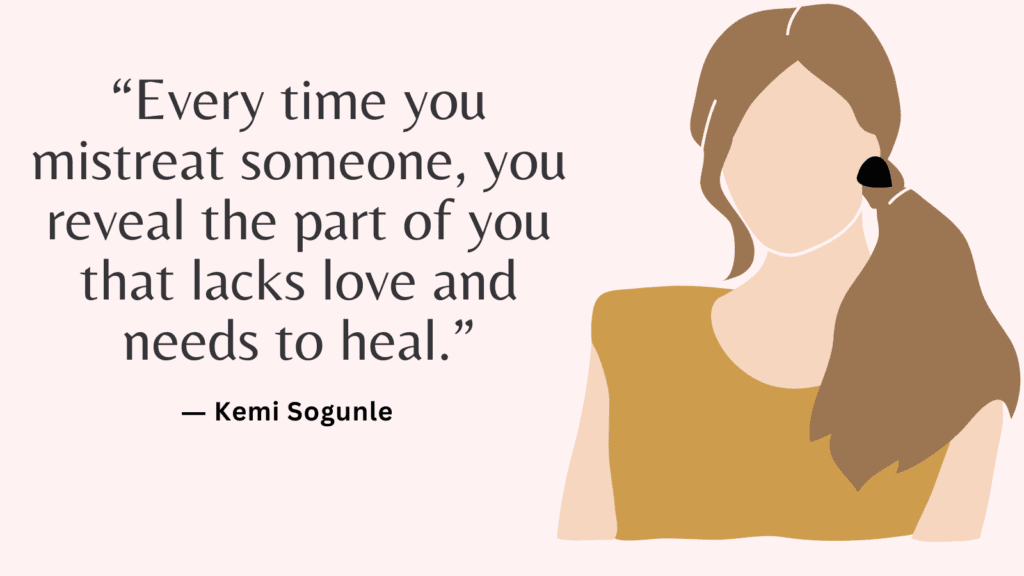In this post, you’re going to learn the difference between boundary and control.
Boundary vs Control
Boundaries refer to the limits we set for ourselves and others in order to establish and maintain a sense of autonomy, individuality, and emotional well-being.
They serve as guidelines for how we expect to be treated by others and how we interact with the world around us.
Boundaries can be physical, emotional, or psychological, and they vary from person to person based on individual preferences and needs.
Control, on the other hand, pertains to the desire or attempt to exert power or influence over others, situations, or outcomes.
It often stems from a fear of uncertainty, a need for security, or a lack of trust in oneself or others.
Control can manifest in various ways, such as micromanaging others, manipulating situations, or seeking to dominate or overpower others.
While boundaries and control may appear related, they are fundamentally different and can have contrasting effects on individuals and their relationships. Here are some key distinctions between the two:
1. Origin
Boundaries typically arise from a place of self-awareness and self-care.
They are set to protect one’s own well-being, values, and personal space.
Control, on the other hand, usually stems from insecurities, fears, or a desire to regulate others or situations to alleviate discomfort.
2. Impact on Relationships
Healthy boundaries contribute to the development of mutually respectful and balanced relationships.
They allow individuals to communicate their needs, assert their preferences, and maintain a sense of autonomy.
This fosters healthy interdependence and encourages open and honest communication.
In contrast, excessive control tends to erode trust, lead to power imbalances, and hinder authentic connection.
It can create a dynamic of manipulation, dominance, or submissiveness that can strain relationships.
Related: Top 25 Tips On How To Set Boundaries Without Being Controlling? (+FREE Worksheets PDF)
3. Emotional Well-being
Boundaries provide a sense of emotional safety and protect against emotional exhaustion or burnout.
They help individuals prioritize self-care and prevent emotional enmeshment or codependency.
On the other hand, control often originates from a fear of vulnerability or a need for external validation.
The constant need for control can result in chronic stress, anxiety, and a perpetual sense of insecurity.
4. Personal Growth
Setting and maintaining boundaries is an important aspect of personal growth and self-discovery.
It involves self-reflection, self-assertion, and the ability to make choices that align with one’s values and needs.
Healthy boundaries encourage individual growth and self-esteem.
In contrast, control limits personal growth as it often relies on rigid expectations, stifles autonomy, and inhibits the exploration of new experiences.
Related: +100 Examples of Boundary Violations & How to Deal With It

How to Set Healthy Boundaries?
To navigate the boundary-control dynamic in a healthy manner, it is crucial to consider the following suggestions:
1. Self-Reflection
Start by reflecting on your needs, values, and limits.
Take time to understand what feels comfortable and uncomfortable for you in various situations.
This self-awareness will serve as a foundation for setting healthy boundaries.
2. Identify Boundaries
Identify the specific areas where you need to set boundaries.
These can include physical boundaries (personal space and touch), emotional boundaries (expressing feelings and emotions), and psychological boundaries (asserting personal beliefs and values).
Related: Healthy Boundaries Quiz (+Free Pdf Worksheets)
3. Communicate Clearly
Clearly communicate your boundaries to others in a direct and assertive manner.
Use “I” statements to express your needs and expectations, for example, “I need some alone time in the evenings to recharge,” or “I prefer not to discuss certain topics that make me uncomfortable.”
Avoid blaming or criticizing others and focus on expressing yourself respectfully.
4. Be Consistent
Consistency is key in maintaining healthy boundaries.
Once you have established your boundaries, consistently enforce them.
This sends a clear message to others about your limits and reinforces the importance of respecting them.
Related: What Do Boundaries Sound Like? + 35 Boundaries Examples
5. Practice Saying No
Learning to say no is an essential part of setting boundaries.
It’s okay to decline requests or obligations that do not align with your needs or values.
Remember, saying no is not a rejection of others; it is an affirmation of self-care.
6. Self-Care
Prioritize self-care as a non-negotiable part of your routine.
Engage in activities that nurture your physical, emotional, and mental well-being.
Taking care of yourself strengthens your ability to recognize when your boundaries are being crossed and enables you to take appropriate action.
Related: Best 100 Self Care Affirmations To Honor Yourself
7. Set Limits
Clearly define your limits and make them known to others.
Let people know what you are comfortable with and what you are not.
This can involve setting time limits for conversations, establishing rules regarding personal space, or specifying your availability for certain activities.
8. Use Technology Mindfully
In today’s digital age, it’s important to set boundaries around technology usage.
Establish designated times for checking emails or social media to prevent it from encroaching on your personal time and space.
9. Learn to Delegate
Recognize that you don’t have to do everything yourself.
Delegate tasks and responsibilities to others when appropriate, whether at work or in personal relationships.
This not only lightens your load but also empowers others and allows for a more balanced distribution of tasks.
Related: Nice Guy Syndrome Test (+Best 19 Practical Strategies To Overcome The Nice Guy Syndrome)
Conclusion
Establishing healthy boundaries promotes authentic connections, respects individual autonomy, and fosters emotional well-being.
By recognizing and addressing control tendencies, individuals can cultivate healthier relationships with themselves and others.



